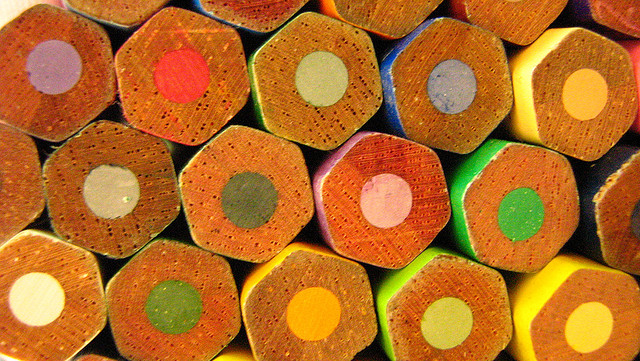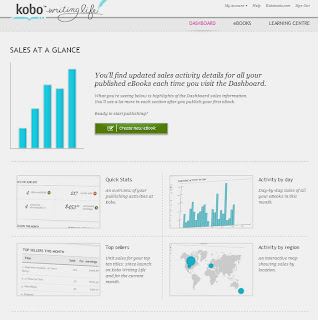Kris writes:
At every craft workshop I teach, I make at least one writer cry. ...I found this very touching. As Kris says, professional writers "are workshop-hardened folk, people who have been eviscerated by the best of them ...".
How do I bring writers to tears? Usually by saying this:
I loved this story. It’s wonderful. Mail it.
It is so true, and one reason why I am leery of workshops. I think every writer--priofessional or otherwise--has had the experience of being told that, in some way or other, their writing didn't measure up.
Since we pour who we are, our souls, into our prose, when our work is dismissed it can be a soul-crushing experience.
Kris' point is that no story is perfect. She quotes Tina Fey: "The show doesn’t go on when it’s finished; it goes on because it’s 11:30". So very true. Kris writes:
Exactly. At some point, you must simply let go of that book or story or play and move to the next.So many times in Kris' post I felt like jumping up, pumping my first in the air and yelling, "Yes!". I couldn't, though, because, first, it would have destroyed my reputation as being quietly introspective and, second, it would have disturbed the cat who had chosen to sleep on me.
If our workshopping friend Bill Shakespeare strove for perfection, we would never have heard of him. We wouldn’t have gotten all of that marvelous writing, all of those wonderful—flawed—plays. (You don’t think A Midsummer Night’s Dream is the only one riddled with possible workshop-identifiable errors, do you? Think of Romeo and Juliet. Why didn’t those crazy lovesick kids just move to another town????)
There's one more thing I want to share with you:
When I became an editor, I learned just how important taste is. The difference between the short stories in Analog and Asimov’s, two of the science fiction digest magazines (that now have e-book editions each month if you haven’t seen them before), isn’t that there is such thing as an Analog story or an Asimov’s story that I as a long-time reader can tell you about. The difference is in the taste of their editors. Stanley A. Schmidt of Analog likes different kinds of stories than Sheila Williams of Asimov’s does. Occasionally their tastes overlap. Most often, they do not.This makes so much sense! I really needed to hear this. Again.
If there were such a thing as a perfect sf story, then both editors would always buy the same stories, and you couldn’t tell the magazines apart.
As readers, you all know this. As writers, you forget it.
And when you forget it, you make the weirdest decisions.
You give control of your product to the wrong people. You submit romance novels to science fiction markets (and wonder why the editor didn’t read your manuscript—was it the passive sentence on page 32?). You try to revise to please everyone in your peer-level writing group.
You self-publish your novel, make sure it’s edited and copyedited, add a fantastic cover, and then revise to address concerns posted by reviewers who gave your book one star. That’s complete and utter idiocy. Seriously.
Some nutty brand new writer, with one or two novels to her name, posted a blog on Digital Book World espousing just that. She says writers should always address their critics’ concerns.
I read that and nearly snorted my tea all over my iPad. If I even tried to address all the nasty reviews I’ve gotten over the years, I’d never write anything new. If I tried to address all the somewhat valid criticisms I’ve gotten on my books, I’d still spend forever revising.
Only a writer with one or two publications to her credit would have time to even think such a thing is viable.
Her blog post has gone viral, and I’ve seen new writers everywhere wring their hands over the fact that they now have to pay attention to their one-star reviews and constantly revise.
I’m here to tell you this: If you want a career as a writer, ignore your critics.
When the book is finished, when the book is published for heaven’s sake, then it’s done. Irrevocably done. Mistakes and all.
And there will be mistakes. Lots of them.
I would encourage your to read Kris' post in full, as my mother used to say, "It's a keeper". This one is being indexed in Evernote under the heading, "When you feel like a crappy writer, READ THIS!!!". Here's the link: The Business Rusch: Perfection.
Remember, keep writing!
Related reading:
- Henry Miller's 11 Writing Commandments
- Write Or Die: The App
- Tips For Writers From Richard Nash, Previously Of Soft Skull Press






















